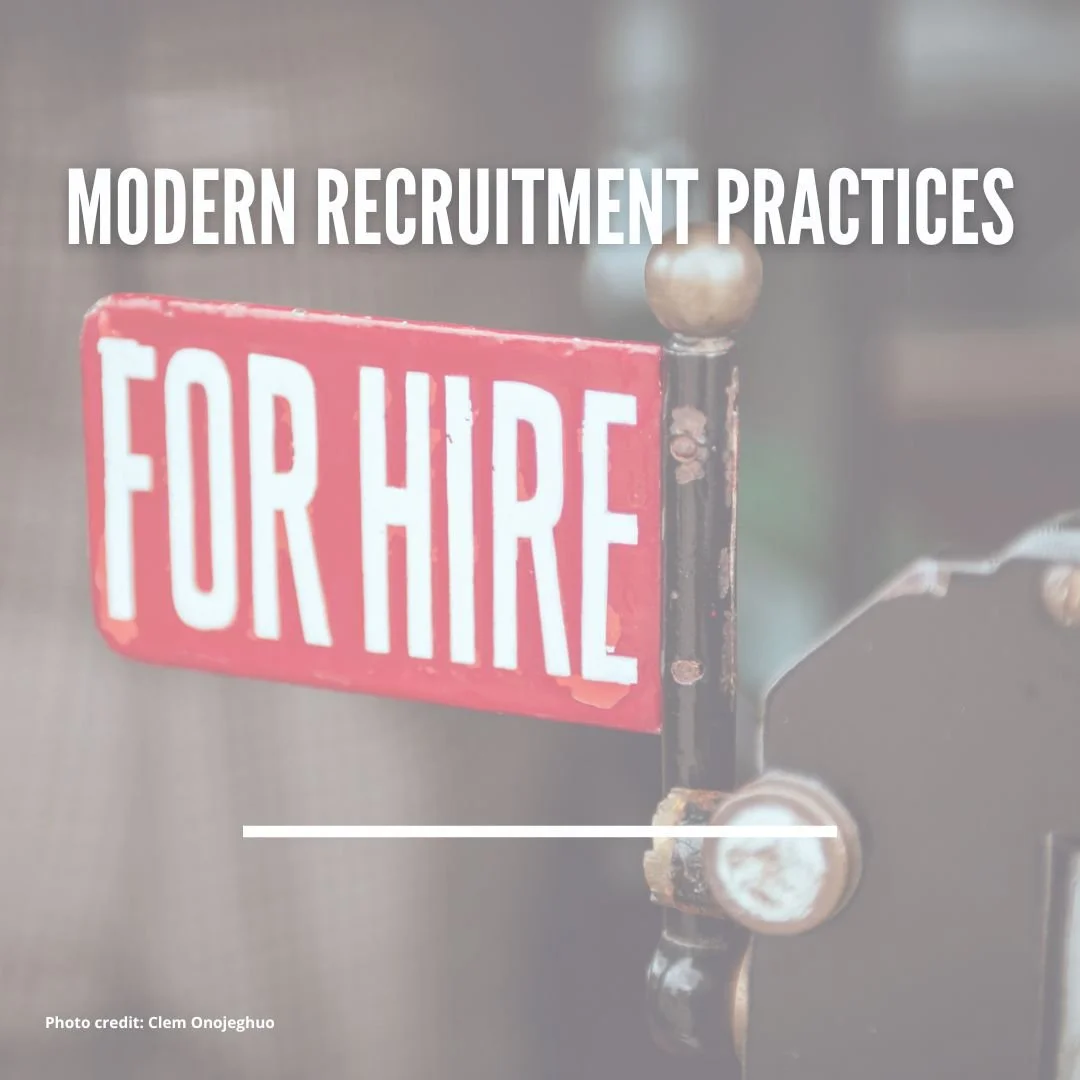Case Study: Enhancing Career and Skill Development for mainstream and Special Education Need settings
Client Commission:
The client, Wiltshire Local Authority, commissioned delivery of live virtual careers education workshops to secondary schools within their jurisdiction. The commisionaires' primary objective was to support the achievement of Gatsby Benchmarks for students, with a particular focus on engaging pupils in Years 10 and 12.
Resources created and provided for the project:
Schools could pick the workshop that fitted their students best from this list. All programmes were designed to meet Gatsby Benchmark 5:
Commercial Awareness
Modern Recruitment Practices
Personal Branding
What Employers are Looking For
(two programmes, differentiated for use in mainstream and Special Educational Needs schools)
To optimise the efficacy of the careers education provision, a comprehensive suite of multimedia resources was developed and sent to participating schools. These were sent in advance of scheduled sessions. The resources included guidance for on-site teaching staff regarding the management of potential technical issues.
Within the supplied learning resources, preparatory activities were designed to familiarise students with the session content and ensured both students and teachers were also clearly signposted to the anticipated learning outcomes of each workshop. All activities are concise, adaptable for use by any member of the school staff or could be assigned as independent homework tasks.
After the workshop was delivered, schools had access to supplementary resources intended to aid the embedding of students’ newly acquired knowledge. Included in these resources was a link to a short podcast or a PDF, specifically tailored for parents. This content offered a parents and carers an overview of the learning their child had experienced with our team at school, along with some guiding questions to assist parents in navigating conversations around the presented topics.
Delivery and Approach:
We implemented a multi-faceted approach to programme delivery and stakeholder engagement. Monthly progress updates were provided to the Deputy Leader of the Wiltshire Careers and Enterprise Company (CEC) hub, and included comprehensive delivery spreadsheets and summaries of engagement metrics. Any specific issues for individual schools were communicated directly to a designated member of the Wiltshire County Council’s Education team.
For educational institutions catering to Special Educational Needs and Disabilities (SEND) cohorts, bespoke content was developed at no additional charge to the Hub. This initiative involved collaborative efforts with Springfields School and a specialist in SEND education to create an adapted version of the "What Are Employers Looking For?" workshop. Confirmed bookings for this tailored workshop were secured from all special schools within the project’s scope.
Delivery methods primarily involved live virtual coaching and teaching. While generally executed smoothly, some specific challenges were encountered. These are principally related to audio infrastructure within schools (e.g., acoustic feedback, echoing, or inability to transmit video sound), often attributable to old hardware or network-related issues such as firewall settings. Additionally, schools occasionally demonstrated a limited understanding or appreciation for the requisite lead times for bookings and presenter allocations, at times requesting modifications to scheduled sessions at very short notice, which we invariably endeavoured to accommodate. An administrative challenge was also identified, as recipients of booking confirmation forms did not consistently review the provided information thoroughly. This necessitated the recruitment of a new Administrative Assistant to implement a system of systematic checks and reminders for participating schools.
Feedback:
Engagement with schools exhibited an evolving pattern throughout the delivery period. Initially, some institutions demonstrated low participation rates. However, a "last-minute flurry of interest" was observed, particularly as Year 11 and 13 cohorts concluded their academic year, leading schools to seek educational activities for their Year 10 and 12 pupils. This late surge necessitated a degree of flexibility in adhering to standard lead times for bookings.
Evaluative feedback was somewhat constrained in its formal collection, as schools did not consistently return completed evaluation forms. Nevertheless, anecdotal feedback from Careers Leaders and Headteachers was consistently positive. This commentary frequently commended the workshop content, the ease of engagement, and its direct alignment with the Gatsby Benchmarks. Furthermore, verbal feedback received directly from school staff at the conclusion of live sessions was also uniformly positive, though this was generally not formally documented.
Notably, written feedback was received from Uplands Special School, which explicitly stated:
"The students really enjoyed these sessions and were keen to discuss the subject further. The content was well adapted to our learners’ levels of understanding, and the materials were eye-catching and creative. Tina was a great presenter and really helped to reinforce learning by repeating back what students had said or asking them to elaborate."
Two other special schools also provided written feedback.
Outcomes and Learning:
By the conclusion of the reporting period, a total of sixteen schools booked and successfully delivered to, this included one rescheduled booking. For two of the larger participating schools, the delivery reached approximately 140 and 348 students, respectively.
It was observed that schools generally preferred the Teams platform as the delivery system, primarily due to its alignment with safeguarding protocols and institutional compliance requirements.
Effectiveness of Virtual Delivery for SEND Pupils:
For pupils in Special Educational Needs and Disabilities (SEND) settings, online virtual classes proved particularly effective. To facilitate engagement, all facilitators pre-recorded an introductory video, which was sent to the respective schools in advance. Each facilitator introduced themselves and referenced items visible in their background, fostering familiarity before the live session. This proactive measure allowed students to acclimate to the delivery team, enhancing their comfort levels. For SEND pupils, the virtual environment offered a non-threatening situation, enabling students and staff to maintain control over their immediate surroundings. Furthermore, the flexibility of the online format permitted adaptations and 'restarts' of delivery to cater to the specific needs of the students on the day of the session.
Key learning points derived from the project encompassed:
Positive Reception of Virtual Approach: The virtual coaching and teaching methodology received overwhelmingly positive reception from participating schools, with only one reported exception where a school experienced technological difficulties in the classroom.
Increased Demand: A notable trend was the unsolicited approach and subsequent booking by schools not initially on the project list during the latter stages of delivery, indicating a growing recognition and interest in the provision.
Optimal Delivery Environment: It was observed that delivery was more efficacious when students were situated in smaller groups (e.g., within classrooms or designated study areas) rather than a singular large assembly space. This approach enhanced student attention, facilitated greater participation, and resulted in more substantive chat-based feedback.
Importance of Preparation: Workshop effectiveness was greater when students had prior access to and reviewed preparatory materials, including the stated learning outcomes.
Engagement Tools: The integration of Mentimeter quizzes and interactive games proved popular with students, with no reported instances of mobile phone misuse during these activities.
Presenter Expertise: The project highlighted that presenters possessing formal teaching, coaching, and careers qualifications were demonstrably more effective, a finding that will inform the development of future service delivery models.
Impact on Careers Education: Careers Collective demonstrably made a positive contribution to the careers education programmes of the participating schools, leading to an anticipation of increased demand for services in July for the subsequent academic year.





